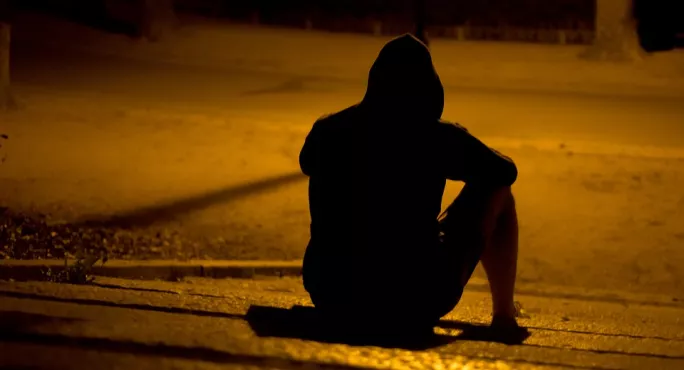Youngsters who bully classmates using modern technology are more likely to have suicidal thoughts or attempt suicide, according to a study.
New research suggests that it is not just the victims of cyberbullying who are more likely to attempt suicide or think about doing so than their peers: the perpetrators themselves are also at higher risk.
The study, by UK researchers including academics at the University of Birmingham, is based on a review of available studies and evidence on the impact of cyberbullying on children and young people across 30 countries.
Cyberbullying involves using electronic communication to bully another person, such as by sending intimidating, threatening or unpleasant messages.
The researchers found that cyberbullies were around 20 per cent more likely to have suicidal thoughts and to attempt suicide than non-perpetrators.
Those who have been victims of cyberbullying are more than twice as likely to self-harm and to exhibit suicidal behaviours than those who have not been victims.
The bullies ‘have issues’
Professor Paul Montgomery, of the University of Birmingham, said: “The people doing the bullying themselves have issues that cause them to act in that way, so it is unsurprising to see that the cyberbullies themselves, in turn, have these quite marked problems.
“Prevention of cyberbullying should be included in school anti-bullying policies, alongside broader concepts such as digital citizenship, online peer support for victims, how an electronic bystander might appropriately intervene and more specific interventions such as how to contact mobile phone companies and internet service providers to block, educate or identify users.”
The study follows a survey commissioned by children’s charity the NSPCC, which showed that four in five pupils did not think that social media companies were doing enough to protect them from pornography, bullying and self-harm.
Of the 1,696 secondary school pupils surveyed, 81 per cent said that social media sites needed to do more to protect young users from inappropriate or harmful content.
Want to keep up with the latest education news and opinion? Follow Tes on Twitter and like Tes on Facebook




